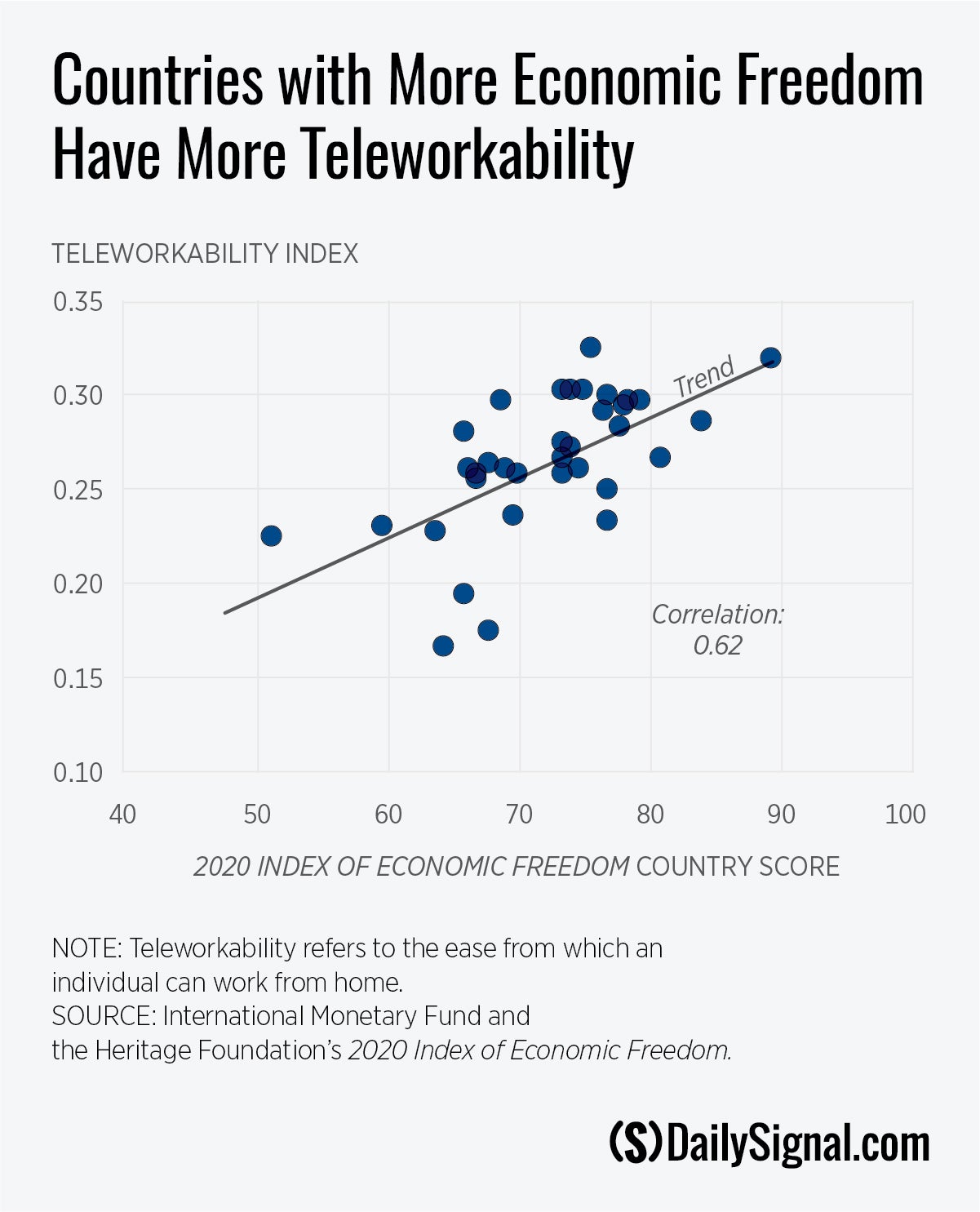Social distancing and shutdown policies related to the coronavirus pandemic have important effects in slowing the spread of the virus. Ensuring that our health system maintains sufficient capacity to respond effectively, those policies might reduce the overall health and economic toll unless a vaccine or effective treatments are subsequently developed.
However, those policies also impose substantial costs on the economic livelihoods of countless people and businesses around the world.
The magnitude of those costs in terms of lost output and jobs has been quite substantial. Naturally, as the restrictions imposed by governments become broader and of longer duration, the social and economic costs escalate. Chronic health conditions, drug addiction, and crime are more prevalent as economies falter.
Finding the right balance between the benefits and costs of shutdown policies is the key consideration facing governments around the world.
In that regard, an important new special report from The Heritage Foundation, “A Comparative Analysis of Policy Approaches to COVID-19 Around the World, with Recommendations for U.S. Lawmakers,” has some good news to offer: Success at mitigating the virus does not hinge on how draconian a country’s shutdown is.
The study looked in depth at the responses of 11 countries around the world, all of which were affected by the virus to some degree. All of the countries encouraged social distancing and restricted inbound travel, but they varied widely in the extent to which they imposed lockdowns on economic activity domestically.
The study found no clear relationship between case rates or death rates and the severity of the lockdown. Sweeping lockdown orders did not result in better outcomes than more targeted measures, such as isolation of the sick, mass testing, and contact tracing.
Though not included systematically in the comparisons, it may well be that extraneous factors such as population age and density influenced results as much as any government policies.
Now comes a new study by the International Monetary Fund presenting a new index of the feasibility to work from home in 35 advanced and emerging markets.
For those countries that do impose more severe lockdowns, working from home becomes an important alternative means of maintaining some level of economic activity.
The study finds a notable positive association between the level of economic development in a country, as measured by gross domestic product per capita, and the ability to work remotely, which reflects varying degrees of development of the digital economy.
More granularly, the International Monetary Fund research noted:
This crisis has clearly shown that being able to get online was a crucial determinant to people’s ability to continue engaging in the workplace. Investing in digital infrastructure and closing the digital divide will allow disadvantaged groups to participate meaningfully in the future economy.
And that’s not all. We compared the data driving the telework ability index (provided to us by authors Mariya Brussevich, Era Dabla-Norris, and Salma Khalid of the International Monetary Fund) to The Heritage Foundation 2020 Index of Economic Freedom scores and found a significant correlation between levels of economic freedom and the ease of telework, as the accompanying chart shows.

What ultimately will happen to our economy and our society in the era of COVID-19 is largely a function of the policy choices that will be made over the coming months and years.
Things to keep in mind include: 1) a country’s success at stopping COVID-19 is not based on how many people’s livelihoods you can destroy; 2) to keep the economy from crashing, policies should make it easier to work from home; and 3) countries with more economic freedom, in addition to so many other advantages they have, are more likely to be conducive to allowing people to keep their jobs if working from home becomes necessary.
This piece originally appeared in The Daily Signal




